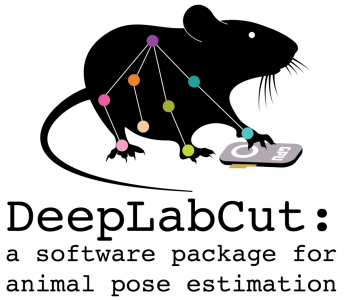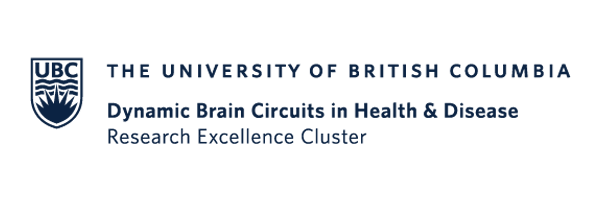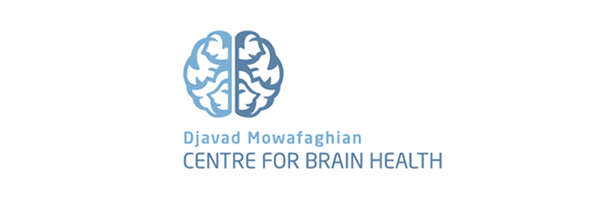DeepLabCut Workshop: March 25, 2021
The Dynamic Brain Circuits cluster, the ICORD Trainee Committee and the BCCHRI TOG collaborated together to host a virtual zoom workshop on DeepLabCut (DLC). DLC is an efficient method for 3D markerless pose estimation and obviates much of the time-intensive hand labeling of behavioral data in neuroscience experiments. DLC is based on transfer learning with deep neural networks that achieves excellent results working on minimal training data, about 20-200 frames. There will be four speakers focusing on various use cases such as behavior classification and synthetic data. Following this, there will be a guided tutorial on the use of DLC with sample data. The goal of the workshop was for participants to leave with a good understanding of DLC and its potential!
A recording of the workshop can be found here, and the instructions for completing the workshop can be found here.
The workshop included presentations from the following researchers actively working with DLC in their projects:
Adrian Lindsay is a Ph.D. student in the Seamans Lab and serves as a tutor for the Brain Circuits cluster. His work uses a combination of electrophysiology, computer vision, and artificial neural networks to explore how motor signals and behavior are encoded in the prefrontal cortex.
Dongsheng Xiao trained as a doctor mainly engaged in the research and treatment of Parkinson’s disease and other functional brain disorders using deep brain stimulation (DBS). As a PDF in Tim Murphy’s lab, his research interests are in discovering brain circuits that underlie sensorimotor integration and motor functions. He is also involved in cultivating artificial intelligence and computer vision to automate exploratory mining of our rich neural and behavior video datasets.
Ellen Koch is a Ph.D. Candidate in the Raymond lab and Canadian Open Neuroscience Platform Scholar. Her project focuses on studying how cortico-striatal signaling is altered in Huntington’s disease, and how these neuropathological changes contribute to motor behavior and motor learning deficits. She explores this using a combination of in vitro and in vivo methods, including fiber photometry.
Hao Hu is a Ph.D. student in the Murphy lab. His project focuses on studying how to quantify the correlation between behavior and brain activities. He explores this using recent machine learning techniques to learn the representation of behavioral time sequence at a low dimensional manifold.


